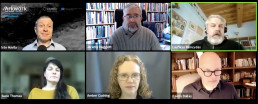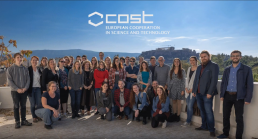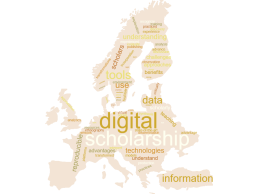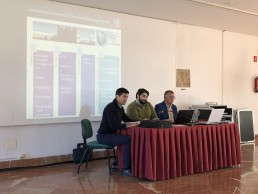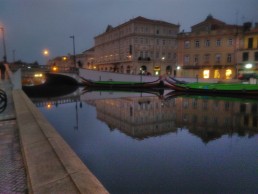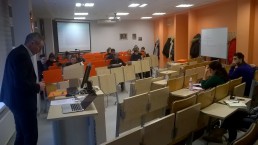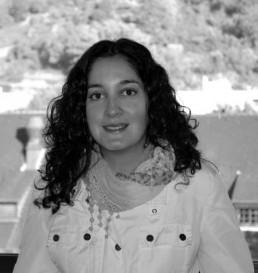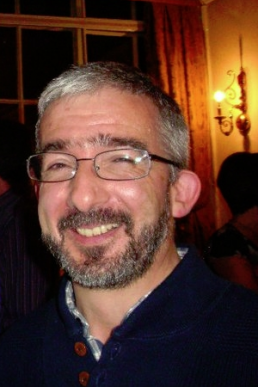WG4: Archaeological scholarship
WG 4 (“Archaeological Scholarship”) is concerned mainly with four broader themes on archaeological scholarly practices and knowledge production in a digital environment:
- Digital developments within society that have changed the way we do archaeological scholarship. This recognizes that archaeologists live and work within an increasingly digital environment in the early 21st century (everything from the web, social media, and mobile technology to open source, virtual environments, citizen science etc.). Which socio-technical developments have archaeologists particularly adopted, and to what extent has archaeology been transformed by them?
- Computational methods, technologies and tools that have transformed archaeological knowledge production. Examples might include the impact of Reflectance Transformation Imaging (RTI) in rock art studies and artefact interpretation, the impact of Network Science on the study of ancient trade, or the effect of big data and online data repositories on archaeological research more broadly. What more have we learnt that we did not know before? What new lines of enquiry have been facilitated that were not possible before?
- The contribution of digital archaeology to dialogues on contemporary issues and human societies, both past and present. Archaeology offers an abundance of ‘long’ data with great time depth about past cultural expressions which can be analysed and interpreted using a variety of computational models and methods (for example, agent-based models, network analysis, etc.). What contributions to a better understanding of human/environment interaction, the impact of climate change on human societies, or socio-economic developments in urban environments can Digital/Computational Archaeology make?
- The nature of digital scholarship in archaeology as experienced by scholars themselves. This concerns the role of the digital archaeologist in archaeological knowledge production and ties in with concepts used elsewhere in the Digital Humanities of ‘hybrid scholars’ or ‘alt-academics’. What are the different perceptions of digital scholarship and what are the issues and challenges arising from them, for early career scholars in particular? To what extent are digital outputs and digital creations accepted as genuine archaeological research?
Members of WG4
| Title | Name | Surname | Gender | E-Mail Address | Organisation | Country | WG-1 | WG-2 | WG-3 |
|---|---|---|---|---|---|---|---|---|---|
| Prof. Dr. | Eleftheria | Paliou | female | [email protected] | University of Cologne | Germany | Observer | - | - |
| Prof. | Isto | Huvila | male | [email protected] | Uppsala University | Sweden | Observer | Observer | Observer |
| Ms. | Ivana | Pandzic | female | [email protected] | University of Banja Luka | Bosnia-Herzegovina | Member | Observer | Observer |
| Dr. | Jeremy | Huggett | male | [email protected] | University of Glasgow Archaeology Gregory Building, Lilybank Gardens | United Kingdom | Observer | Observer | - |
| Dr. | Konstantinos | Papadopoulos | male | [email protected] | Maynooth University, Maynooth, Kildare | Ireland | Observer | - | - |
| Dr. | Lambros | Doulos | male | [email protected] | National Technical University of Athens | Greece | - | Observer | Member |
| Dr. | Theodora | Moullou | female | [email protected] | Hellenic Ministry of Culture and Sports | Greece | Member | Observer | - |
| Dr . | Rajna | Sosic Klindzic | female | [email protected] | University of Zagrebu Faculty of HUmanities and Social Sciences | Croatia | |||
| Dr. | Marina | Toumpouri | female | [email protected] | The Church of Cyprus, The Holy Bishopric of Limassol, Cyprus | Cyprus | |||
| Dr. | Paul | Reilly | male | [email protected] | University of Southampton | United Kingdom | |||
| Dr. | James | Taylor | male | [email protected] | University of York | United Kingdom | |||
| Dr. | Hector | Orengo | male | [email protected] | University of Cambridge | United Kingdom | |||
| Prof. Dr. | Juan | Barcelo | male | [email protected] | Universitat Autonoma Barcelona | Spain |

